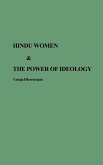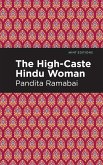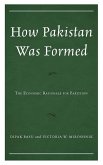This is a work on contrasting approaches to the issue of whaling. One based on Western norms, which have been widely adapted as universal juxtaposed against an exceptional view on the issue, as symbolized by Japan. Specifically the study will look at the case of whaling in the Antarctic (Australia v. Japan: New Zealand intervening) which was contested by Australia against Japan, contending that Japan's whaling programe in the Antarctic (JARPA II) was not within the provisions of Article VIII, paragraph 1, of the International Convention for the Regulation of Whaling. After a brief outline on the history of whaling in these contesting nations, I will approach the subject of whaling as being more cultural than territorial. This is to see how whaling, from a position of great importance in the 19th century has declined in 20th century, and how a global emergence of environmental norms were successful to bring sea change in the attitude towards whaling. It will look at cultural attitudes to whaling in Australia and Japan outlook. Finally it will look at what the decision means for the whaling industry currently confined to three countries, Iceland, Norway and Japan.
Bitte wählen Sie Ihr Anliegen aus.
Rechnungen
Retourenschein anfordern
Bestellstatus
Storno








